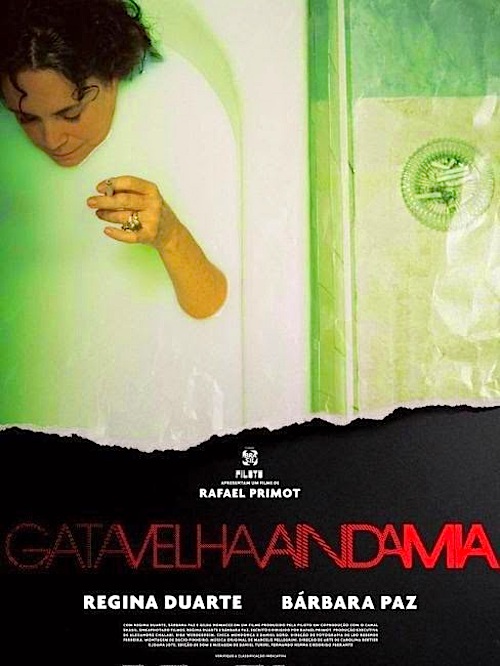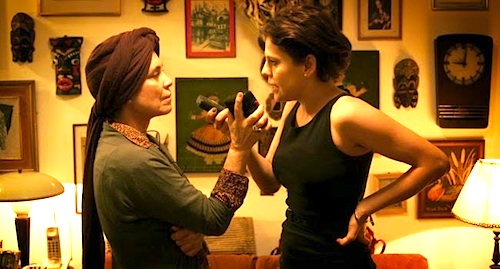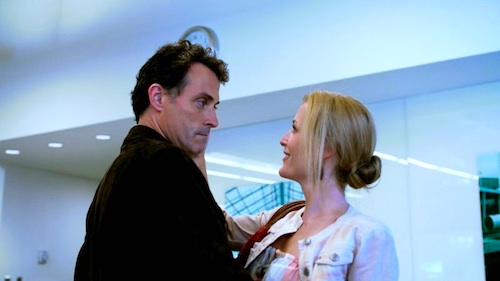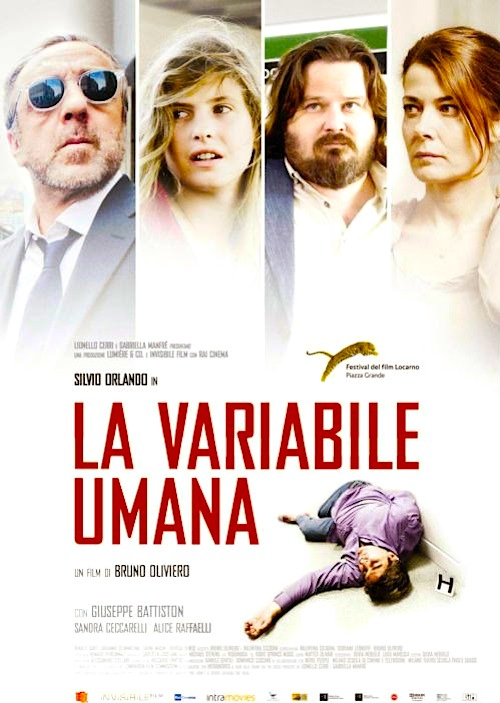 By Joe Bendel. You know whenever a movie cop takes on one last case before retirement it is bound to get complicated. It becomes especially uncomfortable for Inspector Adriano Monaco when he investigates the lurid murder of a highly connected contractor, while trying to repair his relationship with his daughter in Bruno Oliviero’s The Human Factor, which screens during the Film Society of Lincoln Center’s annual series, Open Roads: New Italian Cinema.
By Joe Bendel. You know whenever a movie cop takes on one last case before retirement it is bound to get complicated. It becomes especially uncomfortable for Inspector Adriano Monaco when he investigates the lurid murder of a highly connected contractor, while trying to repair his relationship with his daughter in Bruno Oliviero’s The Human Factor, which screens during the Film Society of Lincoln Center’s annual series, Open Roads: New Italian Cinema.
As a cop and as a parent, Monaco goes strictly by the book. That has made it difficult to bond with his daughter Linda, even after the untimely death of his wife three years ago. Since then, Monaco has buried himself in desk work, but his captain insists his tact and insight are needed for the murder of Mirko Ullrich. A good friend of Milan’s political power-brokers, Ullrich was discovered by his wife in a highly compromising and most certainly deceased condition.
Initially, suspicion falls on the not-too-terribly-broken-up Mrs. Ullrich, but Monaco and his junior partner Carlo Levi soon follow a trail of clues to Milan’s underworld of drugs and under-aged procurement. Meanwhile, Monaco continues to neglect and inadvertently push away the oversensitive Linda, until her rebellion precipitates a family crisis.
Essentially, Oliviero employs the elements of film noir to tell an acutely personal family drama, but the Ullrich case is still as serious as a heart attack. One cannot help wonder what levels of tragic gravitas Toni Servillo might have brought to Monaco, but Silvio Orlando rather deftly takes him in the completely opposite direction. His Monaco is just a haggard shell of man, who barely has sufficient force of will remaining to walk across the room.
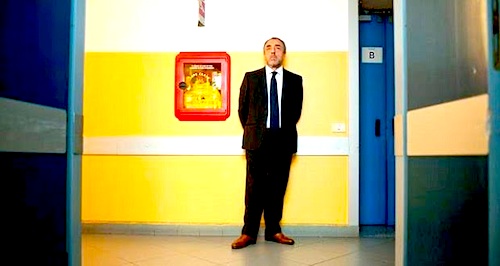
There is indeed something undeniably compelling about Orlando’s emotionally desiccated performance. In contrast, Alice Raffaelli’s petulant Linda can be tough to take, but that is probably rather true to the reality of late adolescence. For some welcome added color, Giuseppe Battiston brings to mind a young, salty Depardieu as the more pragmatic Levi, which is a good thing.
Oliviero and cinematographer Renaud Personnaz maximize the seedy nocturnal vibe for all its worth. Even though most viewers will probably guess exactly the general direction it is headed, the stylish execution and distinctive performances still make Factor a trip worth watching. Recommended for fans of film noir and Italian cinema, The Human Factor screens today (6/6) at the Walter Reade, as part of Open Roads 2014.
LFM GRADE: B+
Posted on June 6th, 2014 at 10:59am.
